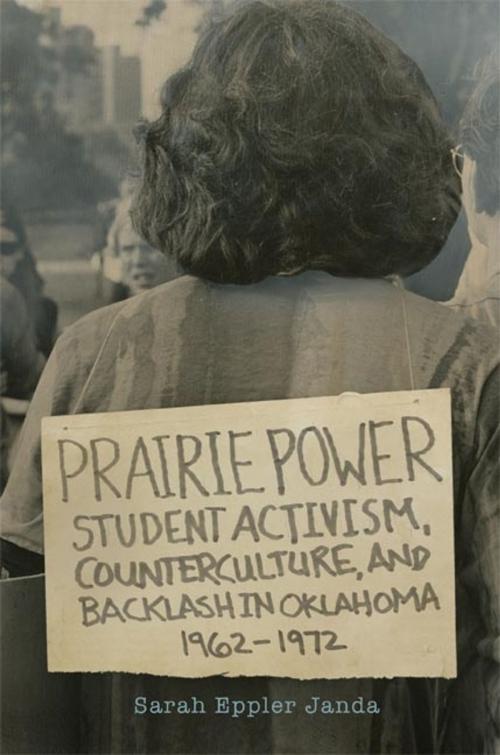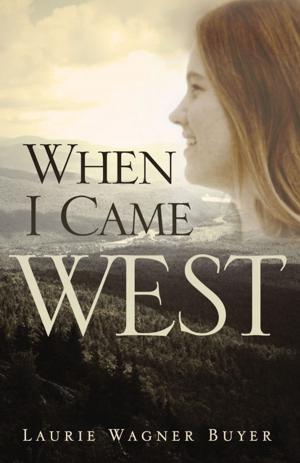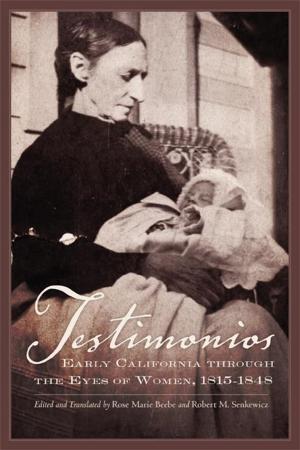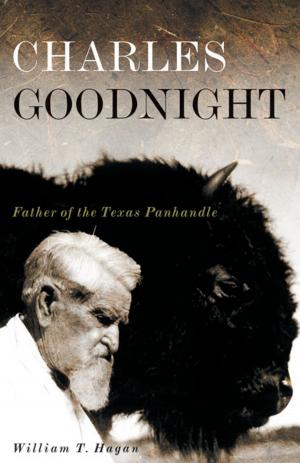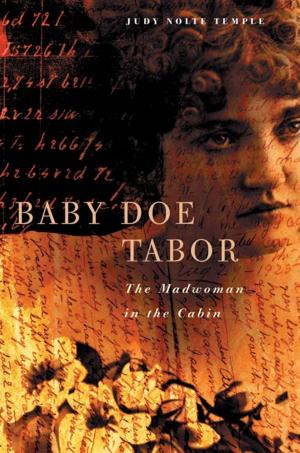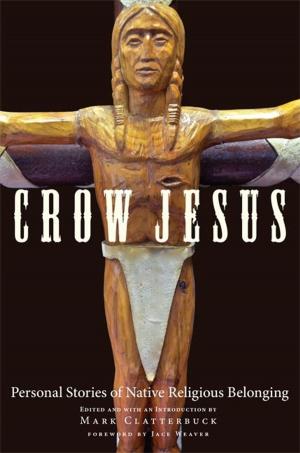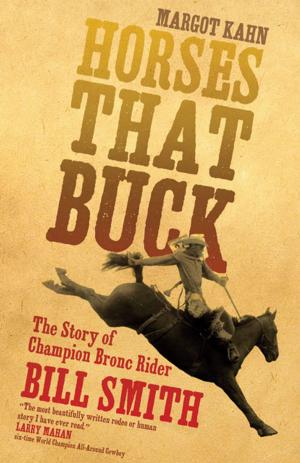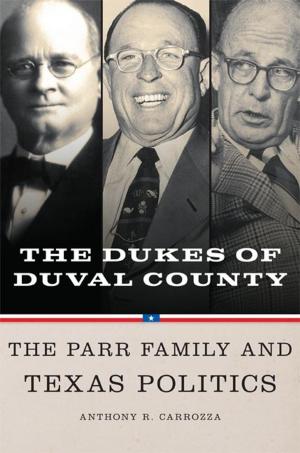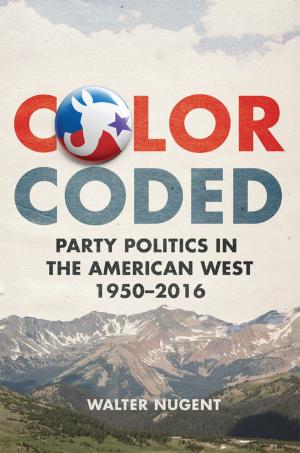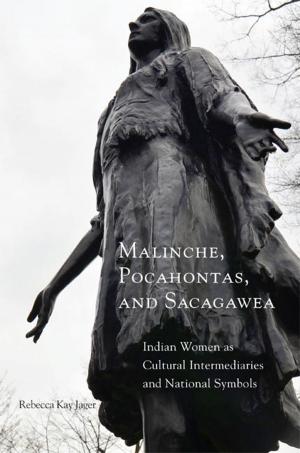Prairie Power
Student Activism, Counterculture, and Backlash in Oklahoma, 1962–1972
Nonfiction, History, Americas, United States, 20th Century, Social & Cultural Studies, Social Science| Author: | Sarah Eppler Janda | ISBN: | 9780806160641 |
| Publisher: | University of Oklahoma Press | Publication: | January 25, 2018 |
| Imprint: | University of Oklahoma Press | Language: | English |
| Author: | Sarah Eppler Janda |
| ISBN: | 9780806160641 |
| Publisher: | University of Oklahoma Press |
| Publication: | January 25, 2018 |
| Imprint: | University of Oklahoma Press |
| Language: | English |
Student radicals and hippies—in Oklahoma? Though most scholarship about 1960s-era student activism and the counterculture focuses on the East and West Coasts, Oklahoma’s college campuses did see significant activism and “dropping out.” In Prairie Power, Sarah Eppler Janda fills a gap in the historical record by connecting the activism of Oklahoma students and the experience of hippies to a state and a national history from which they have been absent.
Janda shows that participants in both student activism and retreat from conformist society sought connections to Oklahoma’s past while forging new paths for themselves. She shows that Oklahoma students linked their activism with the grassroots socialist radicalism and World War I–era anti-draft protest of their grandparents’ generation, citing Woody Guthrie, Oscar Ameringer, and the Wobblies as role models. Many movement organizers in Oklahoma, especially those in the University of Oklahoma’s chapter of Students for a Democratic Society and the anti-war movement, fit into a larger midwestern and southwestern activist mentality of “prairie power”: a blend of free-speech advocacy, countercultural expression, and anarchist tendencies that set them apart from most East Coast student activists. Janda also reveals the vehemence with which state officials sought to repress campus “agitators,” and discusses Oklahomans who chose to retreat from the mainstream rather than fight to change it. Like their student activist counterparts, Oklahoma hippies sought inspiration from older precedents, including the back-to-the-land movement and the search for authenticity, but also Christian evangelicalism and traditional gender roles.
Drawing on underground newspapers and declassified FBI documents, as well as interviews the author conducted with former activists and government officials, Prairie Power will appeal to those interested in Oklahoma’s history and the counterculture and political dissent in the 1960s.
Student radicals and hippies—in Oklahoma? Though most scholarship about 1960s-era student activism and the counterculture focuses on the East and West Coasts, Oklahoma’s college campuses did see significant activism and “dropping out.” In Prairie Power, Sarah Eppler Janda fills a gap in the historical record by connecting the activism of Oklahoma students and the experience of hippies to a state and a national history from which they have been absent.
Janda shows that participants in both student activism and retreat from conformist society sought connections to Oklahoma’s past while forging new paths for themselves. She shows that Oklahoma students linked their activism with the grassroots socialist radicalism and World War I–era anti-draft protest of their grandparents’ generation, citing Woody Guthrie, Oscar Ameringer, and the Wobblies as role models. Many movement organizers in Oklahoma, especially those in the University of Oklahoma’s chapter of Students for a Democratic Society and the anti-war movement, fit into a larger midwestern and southwestern activist mentality of “prairie power”: a blend of free-speech advocacy, countercultural expression, and anarchist tendencies that set them apart from most East Coast student activists. Janda also reveals the vehemence with which state officials sought to repress campus “agitators,” and discusses Oklahomans who chose to retreat from the mainstream rather than fight to change it. Like their student activist counterparts, Oklahoma hippies sought inspiration from older precedents, including the back-to-the-land movement and the search for authenticity, but also Christian evangelicalism and traditional gender roles.
Drawing on underground newspapers and declassified FBI documents, as well as interviews the author conducted with former activists and government officials, Prairie Power will appeal to those interested in Oklahoma’s history and the counterculture and political dissent in the 1960s.
